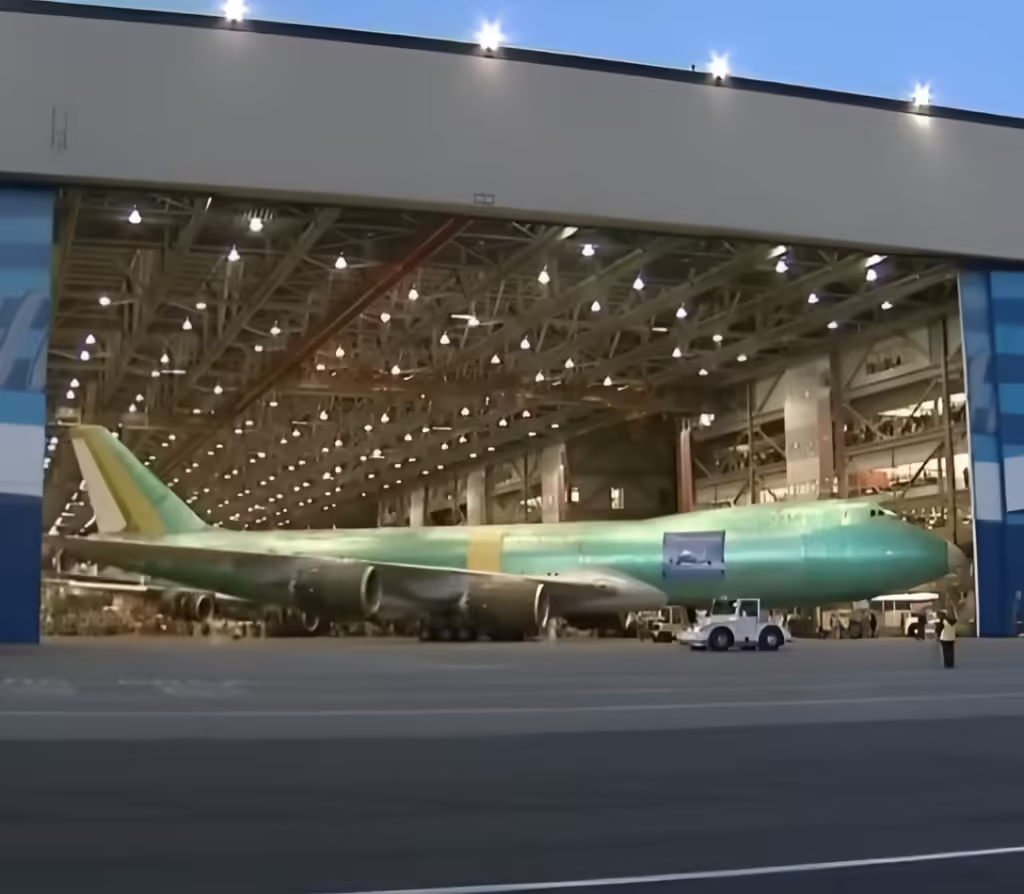Boeing is facing the prospect of a labor strike as its machinists vote on a new contract that has divided opinions across the workforce. The proposed deal, which offers a 25% wage increase over the next five years, has sparked debate, with many workers feeling the raise is still insufficient to meet the rising cost of living.
Key Aspects of the Proposed Contract
The contract, negotiated between Boeing management and union leadership, includes an initial 11% wage hike upon signing, followed by increases of 4% in subsequent years, and a final 6% increase towards the end of the five-year period. While the 25% overall increase seems substantial, it comes after years of minimal wage growth under the previous agreement, which provided just a 1% raise every couple of years. Many workers feel these increases have not kept pace with inflation and industry norms.
Machinists, some of whom currently earn around $20 an hour, argue that the offered wage hike doesn’t go far enough in addressing the economic challenges they face. Workers have pointed out that a 40% increase would be a fairer reflection of what they deserve, especially considering the highly technical nature of their work, building complex and high-stakes aircraft.
Strike Vote and Its Consequences
The outcome of the workers’ vote will determine whether Boeing will face a strike. For the contract to be approved, a simple majority is needed. However, calling for a strike requires a much higher voting threshold. This means workers could reject the contract but still not initiate a strike, which would send union leaders back to the negotiation table.
If the vote leads to a strike, the walkout could begin as soon as midnight. Such a move would add to Boeing’s existing challenges as the company is already dealing with financial difficulties and internal restructuring.
Global Crackdown on Social Media: What It Means for Free Speech in America
Growing Worker Frustration
Tensions between Boeing and its workforce have been building over the past several years, especially after Boeing decided to open a plant in South Carolina, a non-union state. This move sparked dissatisfaction among the machinists in Washington, Boeing’s primary manufacturing hub, who felt their bargaining power was undermined. The current contract vote is a reflection of that growing frustration, particularly as workers feel the last several contracts have not adequately compensated them for their contributions.
The situation remains uncertain as workers continue to cast their ballots. A strike could severely disrupt Boeing’s production schedule, delaying aircraft deliveries and further straining the aerospace sector, which has already been impacted by supply chain issues and pandemic-related slowdowns.
Implications for Boeing and the Industry
Should the machinists go on strike, the repercussions could extend beyond Boeing itself, potentially affecting airlines and suppliers worldwide. The company plays a critical role in the global aviation industry, and any production delays could ripple through the supply chain. On the other hand, if the contract is approved, it may signal the beginning of a resolution, although deeper worker dissatisfaction may linger.
As voting continues, both Boeing and its machinists await the outcome, knowing that it could shape the company’s future and the broader aerospace industry in the months ahead.






























